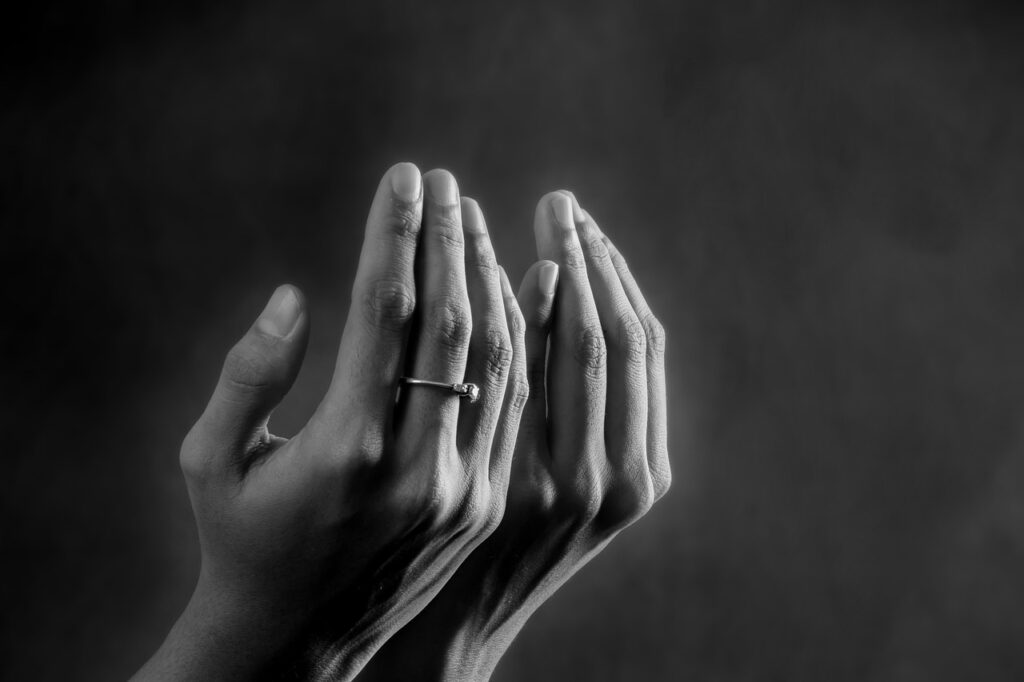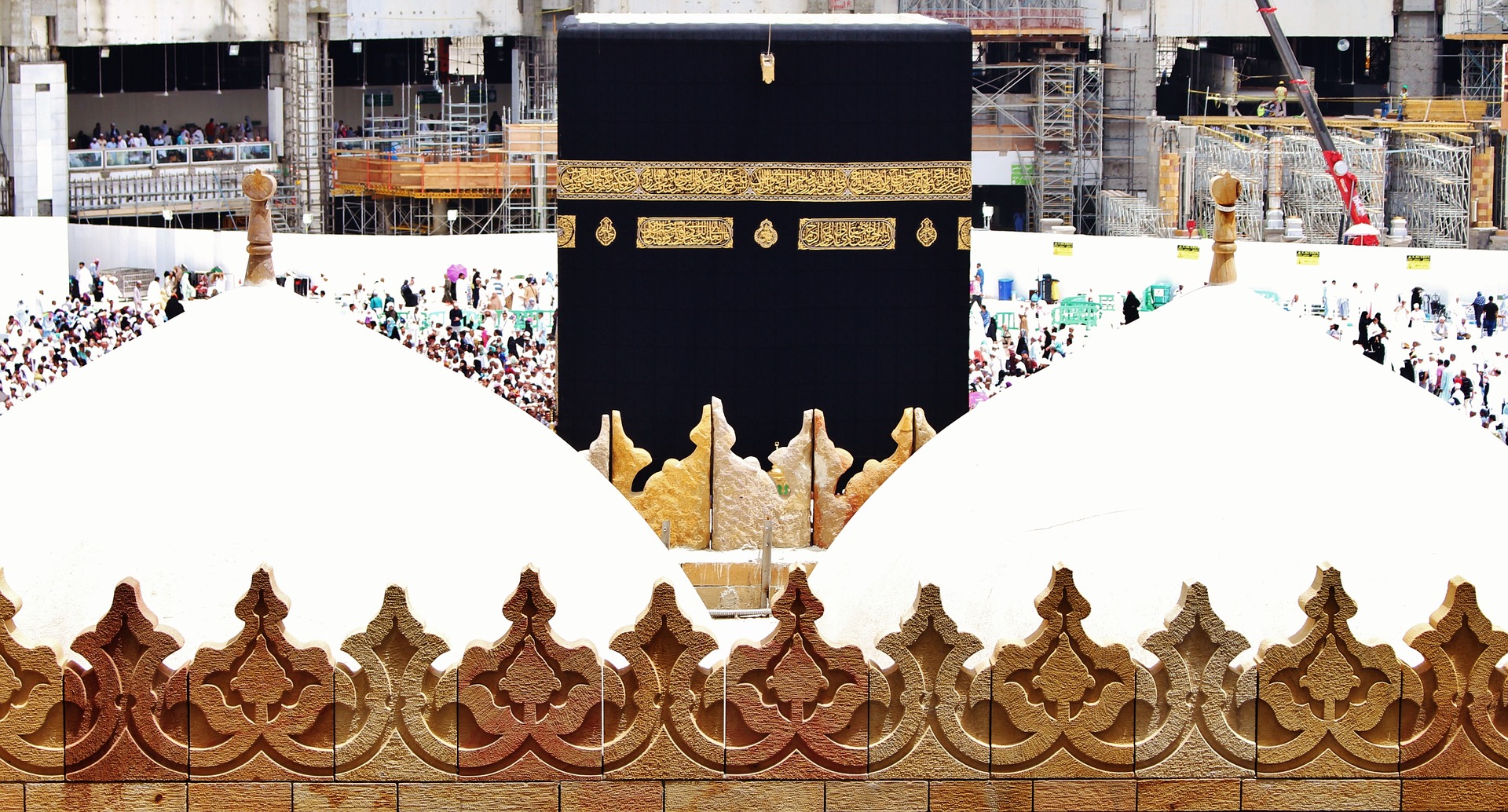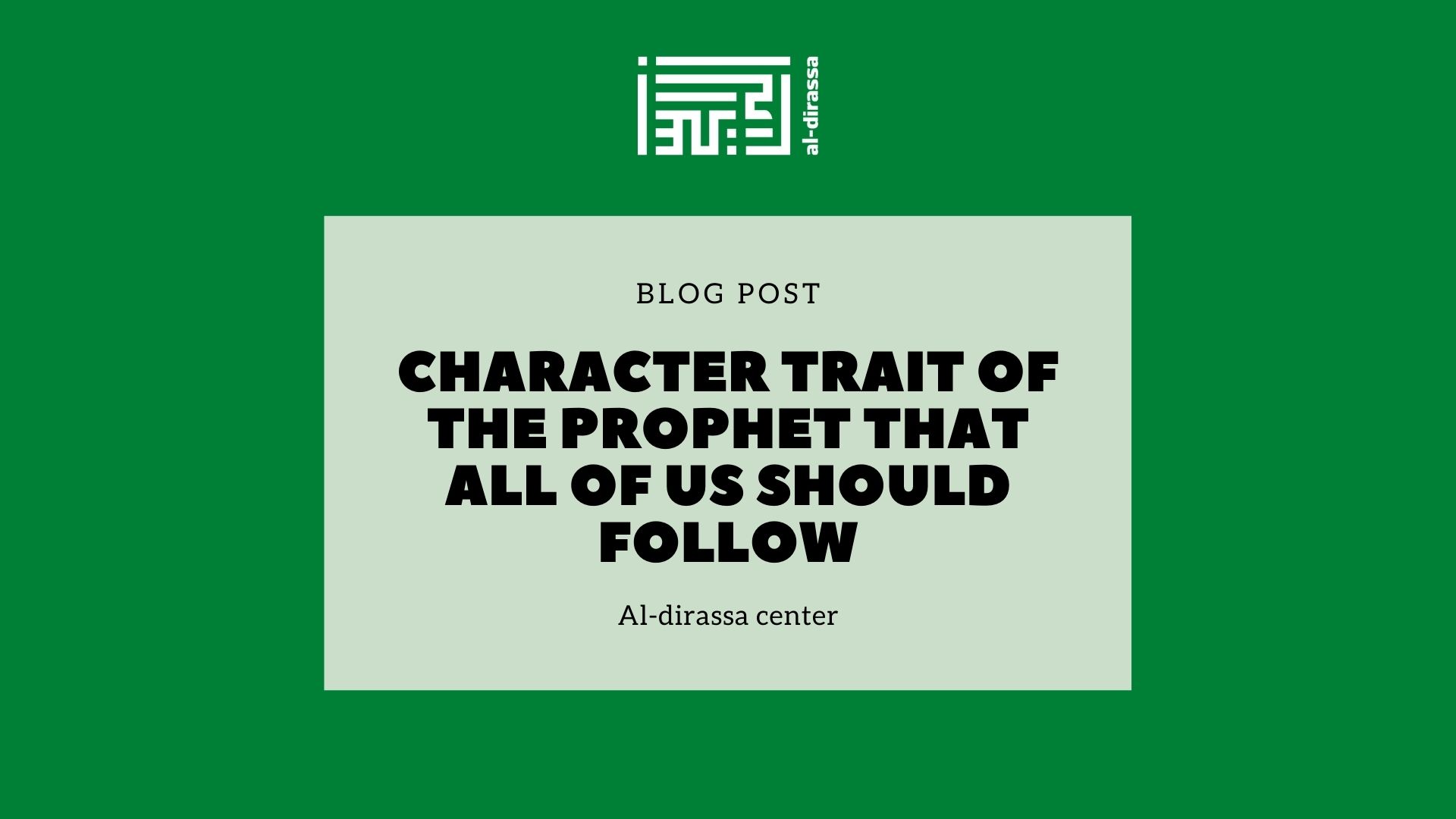What is Islam? Understanding the Foundations of the Muslim Faith

What is Islam? Understanding the Foundations of the Muslim Faith Islam, which literally means “submission” or “surrender” to the will of God, is a monotheistic religion founded on the teachings revealed by Allah (God) to the Prophet Muhammad (peace be upon Him) in the 7th century. Today, Islam is practiced by more than 1.8 billion […]
Learning the Quran and Islamic Religion

Learning the Quran and Islamic Religion Learning the Quran and Islamic Religion involves several aspects, including understanding its teachings, exploring the historical and cultural context of its revelations, delving into various interpretations (Tafsir), and applying its principles to everyday life. It also encompasses studying Prophet Muhammad’s (PBUH) life, understanding Islamic law (Sharia), and engaging with […]
Duties of parents towards their child in islam

Duties of parents towards their child in Islam In Islam, the duties of parents towards their child are of paramount importance and are outlined comprehensively in both the Quran and Hadith. These duties are considered a sacred trust, and fulfilling them is essential for the spiritual, moral, and physical well-being of the child. This article […]
The Women and Ramadan

Women and Ramadan Ramadan is a fundamental pillar of Islam, deeply rooted in spirituality, purification, and devotion. Allah says in the Holy Quran: “O you who have believed, decreed upon you is fasting as it was decreed upon those before you that you may become righteous.” (Surah 2, Al-Baqarah, verse 183). This sacred month offers […]
Invocation of Consultation in Islam – Dua of Salat al-Istikharah

Invocation of Consultation in Islam – Dua of salat al Istikharah The Salat al-Istikhara, often translated as “prayer of consultation,” is a distinct spiritual practice in Islam, deeply rooted in the quest for guidance from Allah, exalted by He. Making decisions is a daily part of life, yet there are moments when choices carry significant […]
Hanafi Madhab: Origins, Principles & Modern Impact in Islam

Hanafi Madhab: Origins, Principles & Modern Impact The Hanafi madhab stands as one of the four primary Sunni schools of Islamic jurisprudence, leaving an indelible mark on the intellectual and spiritual landscape of the Muslim world. In this piece, we delve deep into this school, tracing its roots to its modern-day relevance. The Emergence of […]
When is Ramadan 2023 ?

When is Ramadan 2023? Wednesday, March 22, 2023: this is the date from which we base ourselves for the beginning of Ramadan 2023 or 1444 in the Hijri year. Allahu a’lam (And Allah is the most learned) As every year, there will be a night of doubt during which the moon will be observed […]
Step-by-Step Guide to Embracing Islam: Converting with Understanding & Clarity

Step-by-Step Guide to Embracing Islam: Converting with Understanding & Clarity Conversion to Islam: The Journey from Darkness to Light The concept of conversion has always been profound for both the believer and the non-believer. It signifies the pivotal moment when one moves from non-belief (kufr) to belief (eeman). This journey, as described in the Quran, […]
Hajj: Understanding Its Significance for Muslims

Hajj: Understanding Its Significance for Muslims Introduction The Hajj, the Islamic pilgrimage to Mecca, stands as one of the five pillars of Islam, a mandatory religious duty for every financially and physically capable Muslim to undertake at least once in their lifetime. This sacred journey occurs annually during the twelfth month of the Islamic lunar […]
Prophet Muhammad’s Virtues: A Guide to Emulating His Character Traits

Prophet Muhammad’s Virtues: A Guide to Emulating His Character Traits Introduction Many of us are familiar with the heartwarming hadith about Amr bin Al As and his quest to discover who was most beloved to the Prophet Muhammad ﷺ. While it provides insight into the Prophet’s ﷺ deep affection for certain individuals, this narration also […]

